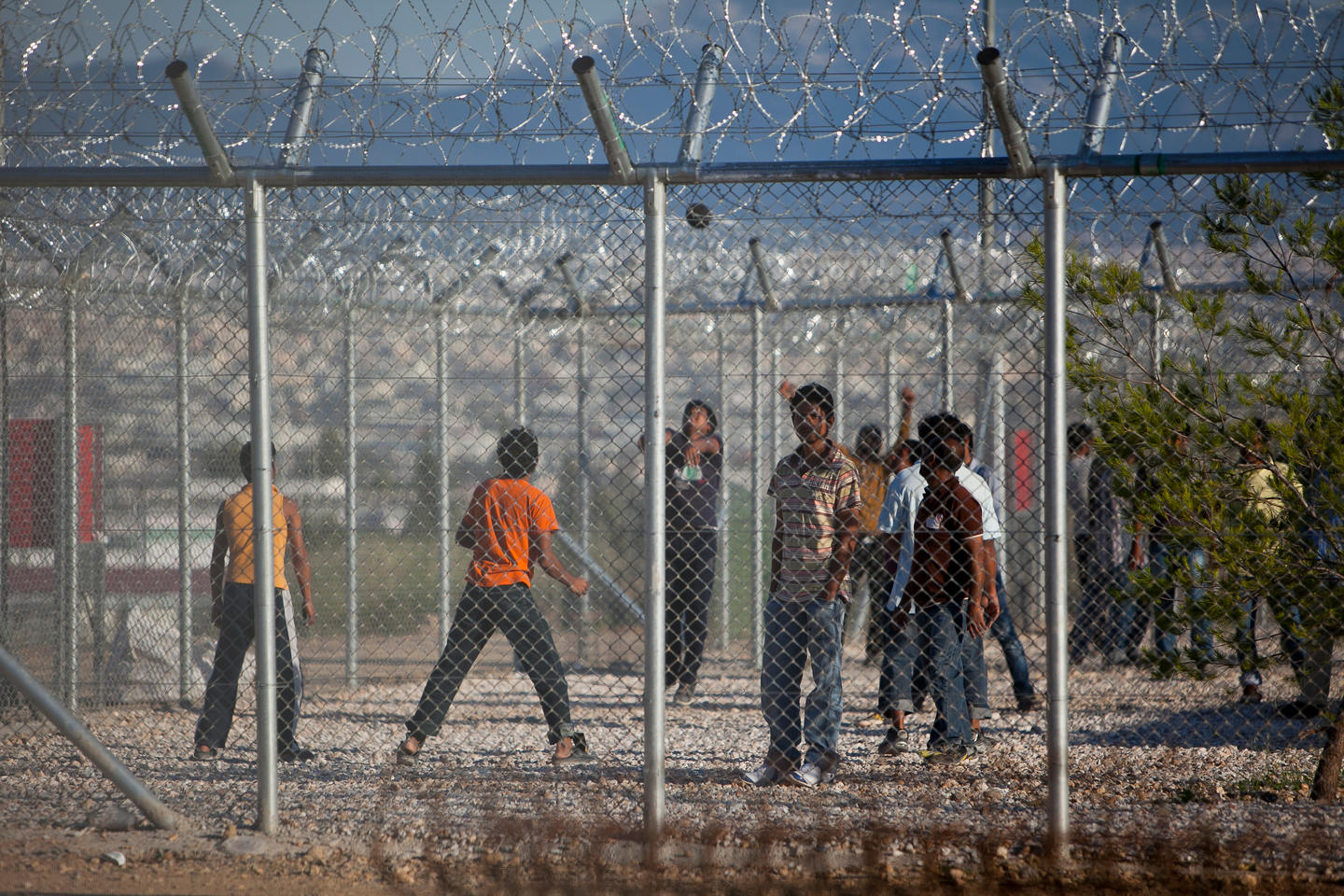Greece has for many years been the gateway into Europe for asylum seekers and irregular migrants. Through the EEA Grants, Iceland, Liechtenstein and Norway, assist Greece reform the asylum system. Key objectives are better conditions for migrants, especially unaccompanied minors.
A Grants-funded project run by the UN Refugee Agency (UNCHR) in Greece is now completed. The UNHCR’s efforts contributed to the establishment of Greece’s new asylum system.
Asylum-procedure in line with international standards
Greece has had difficulties processing asylum applications, with long delays and a large backlog.
A UNHCR team of 14 legal officers has participated in asylum interviews to ensure that the examinations, carried out by the Greek police, are in line with international and European standards.
Greece has international obligations to safeguard people’s right to seek asylum and ensure that every asylum seeker receives fair treatment.
Following the participation in asylum interviews, the UNCHR team has provided advisory opinions to the police on information regarding country of origin, legal issues and other relevant observations in close to 4 000 cases.
Making the asylum-system more effective
The new asylum system should help to clear the backlog of asylum appeals and EEA Grants funding has enabled UNHCR to assist in this process supporting the envisaged establishment of additional appeals and special committees.
Reception of asylum-seekers and unaccompanied or separated children (UASC)
The UNHCR has also contributed to improve the reception conditions from asylum-seekers. This has been achieved through better coordination with reception service providers (mainly NGOs) and by working with Greek authorities on developing common standards for reception centres, improving the referral mechanisms and generally trying to have a more strategic approach to the provision of reception services to asylum seekers.
Many irregular migrants are children and adolescents who arrive in Greece without their family. Assistance to this group has been a particular focus. Seven of the 13 reception facilitates (with in total place for 970 persons) receiving support hosted unaccompanied asylum-seeking children.
Social and legal support to access reception services and address administrative obstacles was provided to 351 asylum seekers through the Greek Refugee Council (GRC).
Other projects
The Grants has also made it possible for asylum seekers to use the services of the International Organization for Migration (IOM) and return voluntarily to their country of origin. With help from the Grants, Greece will also establish screening centres for new arrivals.
Iceland, Liechtenstein and Norway have through the EEA-Grants allocated €63.4 million to Greece in the 2009-14 funding period. A third of this support – €20.9 million – is dedicated to addressing asylum and migration issues.
Read more about how the EEA Grants contribute to the establishment of a comprehensive asylum and migration system in Greece here.
